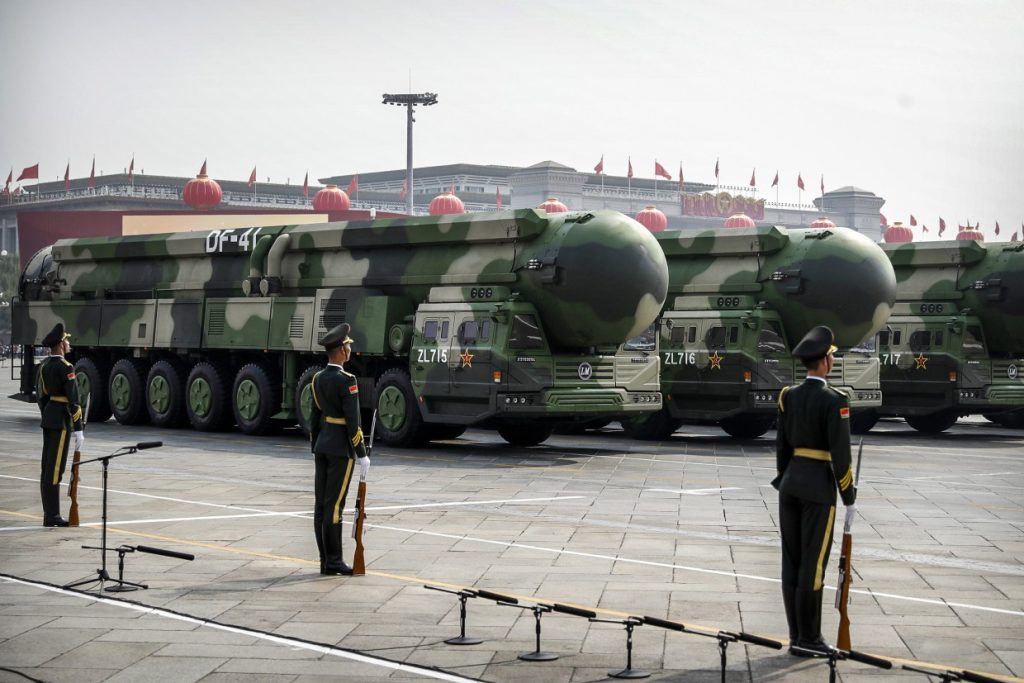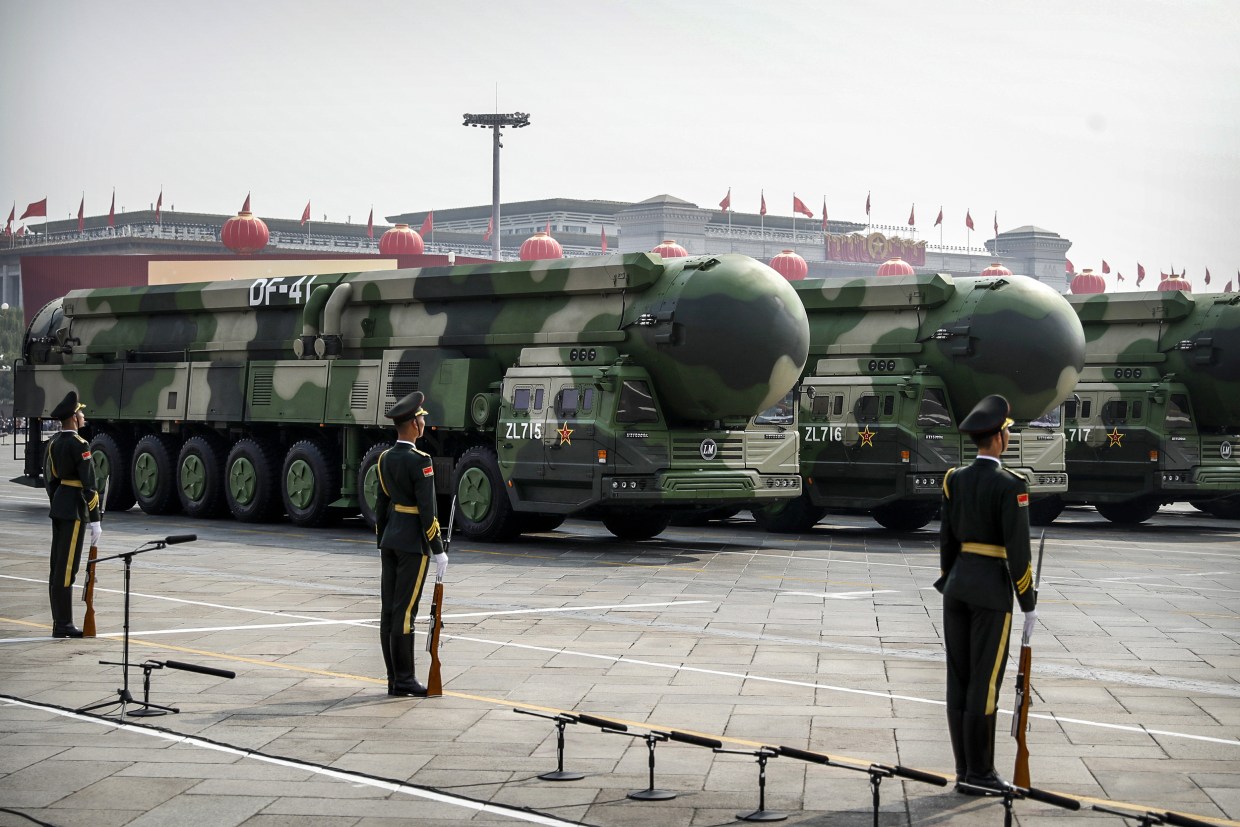








China’s rapid expansion into nuclear power raises questions between the allure of clean energy and the shadows of past disasters.


Welcome back to World Brief, where we take a look at the global shifts in energy policy, focusing today on the contrasting approaches to nuclear power. Amidst environmental, safety, and geopolitical concerns, nations like China are accelerating their investment in nuclear energy as a means to combat air pollution and secure their energy future, while others like Germany have taken steps to phase out their nuclear reactors entirely.
There has been much controversy surrounding nuclear power, with some countries wanting to phase it out while others plan to continue using it. Arguments for the continued use of nuclear power include its role in providing jobs and being a clean energy source. Arguments against nuclear power include concerns about safety and its environmental impact. The Chernobyl disaster in 1986 and the Fukushima disaster in 2011 have not been forgotten and are examples of the catastrophic consequences of nuclear accidents.
While Germany shut down its last three nuclear power plants nearly a year ago, China has been expanding its nuclear energy. The country’s swift adoption of nuclear power now matches the rapid expansion seen in its solar and wind sectors. Lu Tiezhong, chairman of China National Nuclear Corp has stated that China can add up to ten new nuclear reactors annually. Three or four will be added this year. Currently, China is building nuclear reactors even faster than other countries and has twenty-seven under construction. If plans proceed as intended, China could surpass the United States and France with the most nuclear reactors.
There are multiple reasons why the drive for nuclear power in China is increasing. One reason is to reduce air pollution, as the country faces significant challenges in this area. According to the World Health Organization, air pollution is responsible for about two million deaths in China every year. This type of pollution exposes people to breathing in fine particles that can cause respiratory infections, lung cancer, and other health problems. During the COVID-19 pandemic in 2020, the air quality improved when the government enforced tight restrictions on movement. Hazardous air has been a major problem in China, with it being ranked as the thirteenth most polluted country in the world by the Energy Policy Institute at the University of Chicago despite progress being made in recent years.
Additionally, apart from building nuclear reactors within China, there is the possibility for a collaboration with Russia to build one in space. In early March, Yuri Borisov, the head of Russia’s space agency Roscosmos, announced that Russia and China were contemplating the placement of a nuclear reactor on the moon by 2035. With the growing divide between Russia and China on one side and the United States and its allies on the other, dominance in space exploration and concerns over nuclear capabilities beyond the Earth’s atmosphere have the potential to escalate tensions even further.
As China navigates its nuclear ambitions, both on Earth and in space, it faces the balancing act of energy security, environmental protection, human safety, and geopolitical challenges. Overtaken by India last year, China now has the second-largest population, with more than 1.4 billion people, although the country continues to utilize the most energy worldwide. There is a pressing need for energy in China as electric vehicles are popular, with some cars even featuring beds and kitchens. Furthermore, with the expansion of cities and the concentration of populations in urban areas, energy consumption rises due to the higher energy demand inherent to urban living. With China’s growing reliance on energy, its aims to build more reactors, and the growing divide on the usage of nuclear power plants, the nation faces a complex set of challenges. Amidst China’s nuclear expansions, will the prospect of clean energy overshadow the risks? Or will the nation grapple with the repercussions of its ambitious pursuit?
Written By: GABRIEL RAMIREZ
Written By: DILARA SAHIN
Written By: DILRUBA YILMAZ
Written By: NILAY CELIK
Written By: ELDANIZ GUSSEINOV
Written By: JOSEF SCHOEFL
Written By: SELCAN BEDIRHANOGLU
Written By: FATIH CEYLAN
FA’s flagship evening newsletter guilding you through the most important world streis ofthe day. Delivered weekdays.
